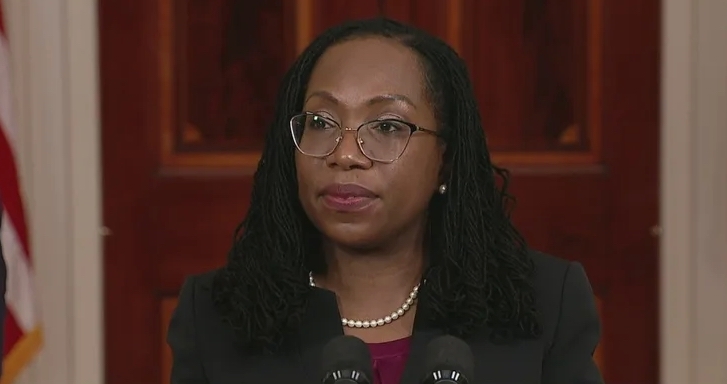In a previous Legal Update, I discussed four cases in which the North Carolina appellate courts had struggled with “the problem of how to prevent people from abusing the new [social] media without violating their right to free speech.” In one of those cases—State v. Packingham—the N.C. Supreme Court had upheld a North Carolina statute banning the use of social networking websites by registered sex offenders. As I noted, rather than attempt to resolve the tension between the legislative goal of preventing the abuse of such websites and the constitutional right to freedom of speech, the court tried to finesse the issue by finding that:
The essential purpose of [the statute] is to limit conduct, specifically the ability of registered sex offenders to access certain carefully-defined Web sites. This limitation on conduct only incidentally burdens the ability of registered sex offenders to engage in speech after accessing those Web sites…. Thus we conclude [the statute] is a regulation of conduct.
I suggested that treating the social networking as conduct rather that speech was “quite a stretch,” and the U.S. Supreme Court evidently agreed. Last week—in Packingham v. North Carolina—it voted 8-0 to strike down the ban on social networking by sex offenders as an unconstitutional violation of the First Amendment. (Justice Gorsuch did not participate because the case was argued before he joined the court.)
Writing for the court, Justice Kennedy found that:
To foreclose access to social media altogether is to prevent the user from engaging in the legitimate exercise of First Amendment rights. …
Government may not suppress lawful speech as the means to suppress unlawful speech. That is what North Carolina has done here. Its law must be held invalid. [Quotation marks and citations omitted.]
While Kennedy cautions that, “This opinion should not be interpreted as barring a State from enacting more specific laws than the one at issue,” that admonition is easily lost amidst flights of fancy of the sort that Justice Scalia used to call “argle-bargle.” In a panegyric that goes on for several pages, Kennedy suggests that the “vast democratic forums of the Internet” have superseded streets and the parks as “the quintessential forum for the exercise of First Amendment Rights” and declares, “The forces and direction of the internet are so new, so protean, and so far reaching that Courts must be conscious that what they say today might be obsolete tomorrow.”
In a concurrence joined by Justice Thomas and Chief Justice Roberts, Justice Alito agrees that “Because of the law’s extraordinary breadth . . . it violates the Free Speech Clause of the First Amendment,” but adds:
I cannot join the opinion of the Court, however, because of its undisciplined dicta. The Court is unable to resist musings that seem to equate the entirety of the internet with public streets and parks. … And this language is bound to be interpreted by some to mean that the States are largely powerless to restrict even the most dangerous sexual predators from visiting any internet sites, including, for example, teenage dating sites and sites designed to permit minors to discuss personal problems with their peers. …
The Court is correct that we should be cautious in applying our free speech precedents to the internet. … Cyberspace is different from the physical world, and if it is true, as the Court believes, that “we cannot appreciate yet” the “full dimensions and vast potential” of “the Cyber Age,” … we should proceed circumspectly, taking one step at a time. It is regrettable that the Court has not heeded its own admonition of caution.
This is good advice, and not just for courts and legislatures. Internet service providers clearly have a lot to learn about preventing abuse, and internet users have a lot to learn about protecting themselves and their children. These are things we’re all going to have to work hard at in the coming years.


